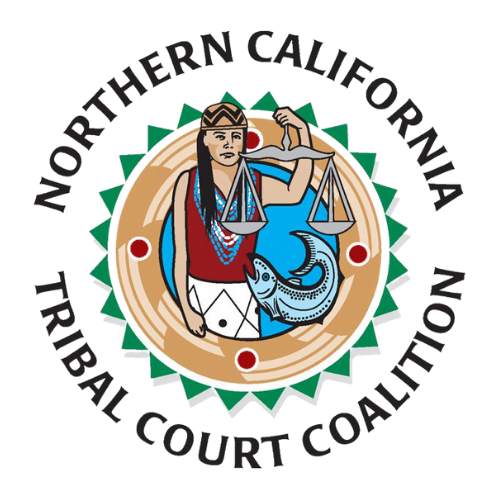During COVID-19 victims and advocates can access resources using the NCTCC App
By Cynthia Boshell, NCTCC Project Specialist
During this time of uncertainty, change, and isolation, Northern California Tribal Court Coalition remains committed to supporting victims and service providers.
Many families in Northern California live in isolation, often in survivalist mode. In remote areas, domestic violence and sexual assault are commonplace and mostly unreported. While California’s Stay-At-Home order may not significantly alter the day-to-day routine of families living off the grid, crisis and isolation affect everyone, no matter their living situation.
Crisis amplifies stress. Isolation separates vulnerable victims from family, friends, and advocates. When crisis and isolation combine, the risk of intimate partner violence soars. Adding boredom, substance abuse, lost employment (even temporarily) and the inability to obtain needed resources create conditions that can be dangerous for victims who are confined with their abusers. Quarantines, shelter-in-place, and stay-at-home orders issued by the authorities are meant to protect against the spread of COVID-19 can be used by abusers as an opportunity to engage in more violence.
Abusers use violence to humiliate and oppress victims. The National Domestic Violence Hotline has reported an increase in the number of calls about abusers who exploit their victims’ fears using COVID-19 to isolate victims from their support networks. Among threats that victims report are loss of their homes, children, financial resources, and medical assistance if they become ill. These threats are ways to coerce victims into remaining with their abusers and isolating them from family, friends, and support networks.
Generally, Native American women experience the highest rate of violence than any other group in the United States. If you are in an abusive relationship, it is important to plan for your safety. Although California is under a mandatory Stay-At-Home order, you can still plan to protect yourself from violence. You can:
> Decide who you will rely on for help.
> Decide who you will check-in with, and how often.
> Know how you will contact your support people if you are in danger.
> Decide on signals you can use, and which messages and/or code words you can use to signal your need for help.
> Learn how you will reach out for resources if necessary.
> Be informed about what you can and cannot do under the California Stay At Home Order. You can find the latest information here.
Recognize that you are an expert on your unique situation. Do what you need to do to survive. Be sure to follow your safety plan and check-in with your contact person at regular intervals as agreed. If your home becomes violent, call 911 to access first responders. Even though support group meetings may be canceled during this time, domestic violence shelters remain open and hotlines are available 24/7. The National Domestic Violence Hotline is available 24/7 during the COVID-19 crisis at 1-800-799-7233. If you are unable to speak safely you can log onto thehotline.org or text LOVEIS to 22522.
The NCTCC App also contains local resources, emergency responder phone numbers, and contact information for tribal and culturally-sensitive advocacy organizations. Download the NCTCC App here to get help with your safety plan, discover resources near you, learn about self-care and safety, find out about your rights, and connect to advocates who can help you.
You are not alone.
UPDATE: April 8, 2020.
The National Domestic Violence Hotline reports that since March 16, 2020, it’s hotline has received 2,345 calls in which COVID-19 was cited as a condition of abuse. Despite isolation, victims still have options to access help. The hotline phone number is 1-800-799-7233. To prevent an abusive partner overhearing a call victims can text or chat with the hotline online. Log onto thehotline.org or text LOVEIS to 22522.
Links to sources for this article
Time Online
Center for Court Innovation
World Health Organization
NDVH
California Coronavirus (COVID-19) Response
Forbes
If you are a victim advocate or provide victim support and would like to demo the NCTCC App, contact Cynthia Boshell at cboshell@nctcc.org or Jake Swamp at jswamp@nctcc.org.
- Published in Above the fold, Uncategorized
Restoring the Balance Conference – Federal Landscape Panel
- Published in Uncategorized
